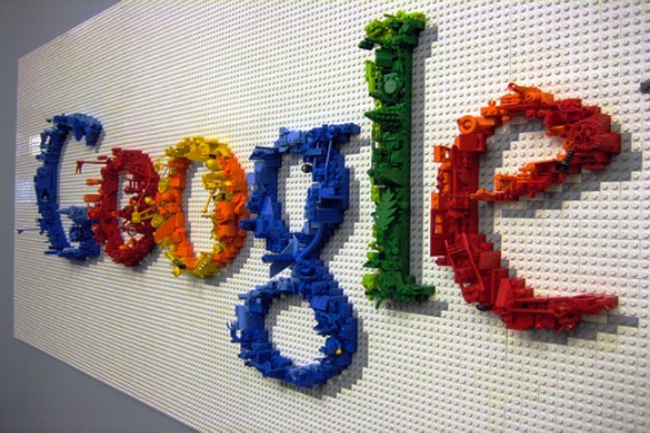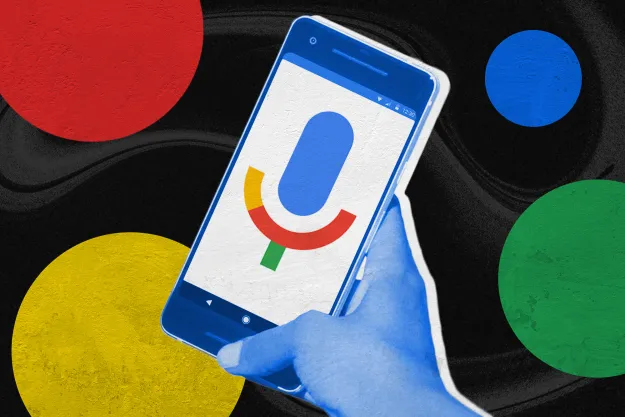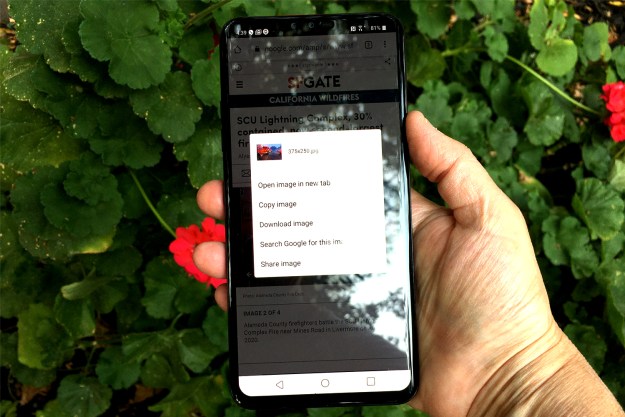
A new class action lawsuit claims that Google is making secret deals with mobile device companies to maintain and widen an illegal search monopoly. The nationwide antitrust suit, which was filed in a U.S. District Court in California, claims that Google required companies like Samsung and HTC to preload its applications into Android phones through secret pacts called Mobile Application Distribution Agreements (MADA).
The MADA were said to be hidden and marked for reading only for lawyers. The lawsuit claims that the agreements have hampered competition and pushed up the price for Android phones.
“It’s clear that Google has not achieved this monopoly through offering a better search engine, but through its strategic, anti-competitive placement, and it doesn’t take a forensic economist to see that this is evidence of market manipulation,” said Steve Berman of consumer rights law firm Hagens Berman. “Simply put, there is no lawful, pro-competitive reason for Google to condition licenses to pre-load popular Google apps like this.”
The agreements were said to have enabled Google to corner 87 percent of the mobile search market. The suit claims that the MADAs violated federal and state antitrust laws such as the Sherman Act, the Clayton Antitrust Act, the California Cartwright Act and the California Unfair Competition Law.
“This comes down to a combination of Google’s power in the U.S. general mobile search market and their power in the realm of tablet and smartphone manufacturers … As a result of the pricing conspiracy, everyone loses. Google and its competitors face an uncompetitive, stagnant market, and consumers are forced into one option,” Berman said.
The plaintiffs for the lawsuit are Gary Feitelson of Louisvill Kentucky and Daniel McKee of Des Moines, Iowa. Feitelon owns an HTC Evo 3D and while McKee purchased a Samsung Galaxy S3. Both complained that their phones should have cost less and had better search capabilities.
This is not the first time that antitrust allegations have been lodged against Google. Last year, the company agreed to make changes to its search business to avoid a federal antitrust lawsuit. As part of the deal, Google agreed to a consent order that prohibits it from seeking injunctions against its rivals.
Editors' Recommendations
- A new Google Pixel Tablet is coming, but it’s not what you think
- The 6 biggest announcements we expect from Google I/O 2024
- This Google Pixel 8a leak just spoiled everything about the phone
- Have one of these Google Pixel phones? You’re getting Circle to Search
- Google Pixel 9: news, rumored price, release date, and more


